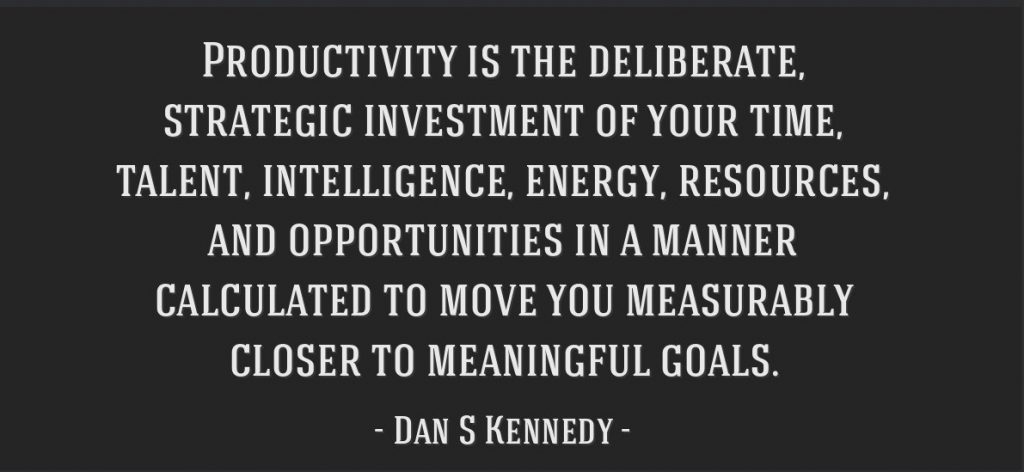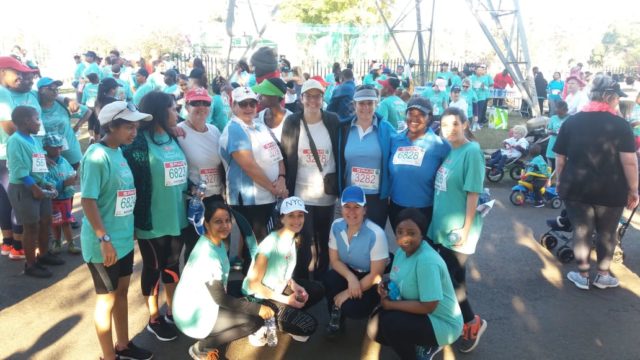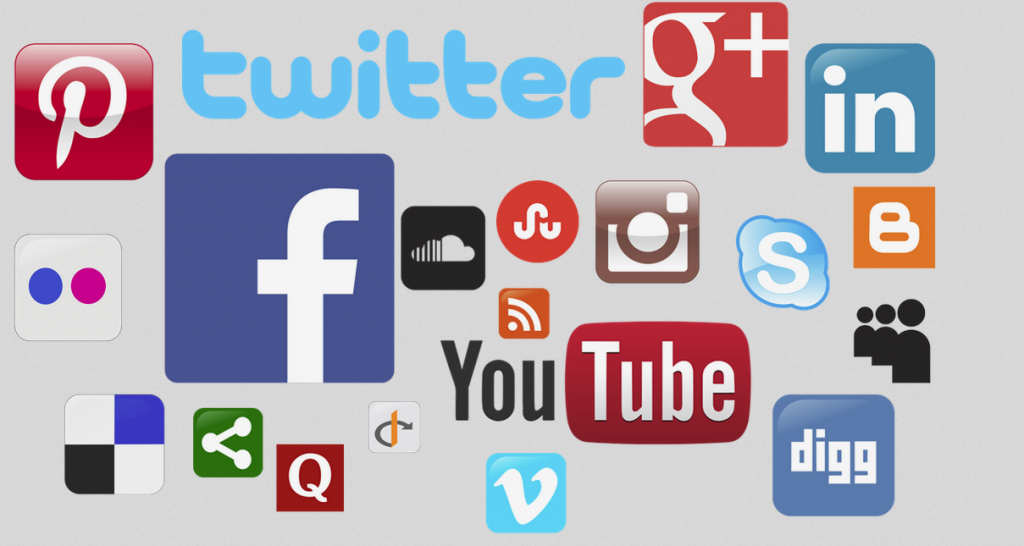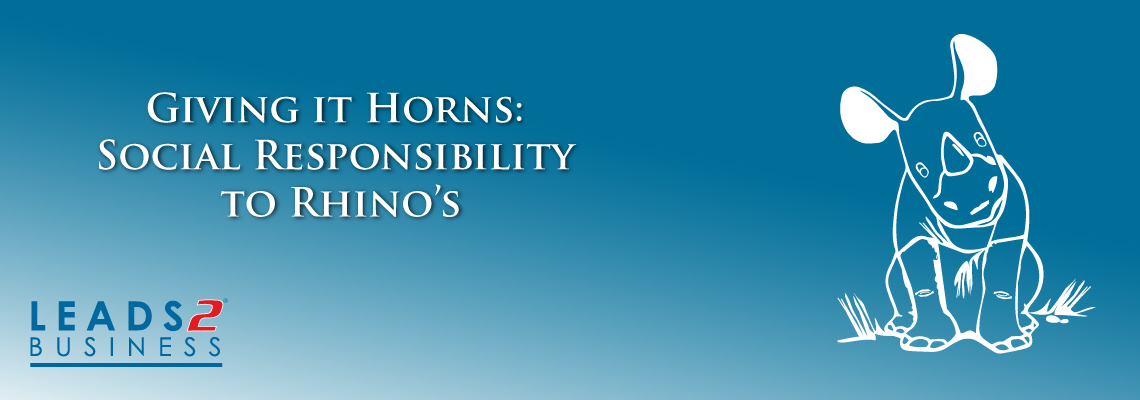
Despite the misleading title, I am most certainly not writing about choosing a leader, establishing clear goals, setting schedules with clear deadlines and creating open lines of communication – okay maybe I will write about the latter.
In any case, I am taking a different and maybe the most unpopular approach – many critics within the Human Resources world actually argue if there is any importance to my chosen approach and of course, I believe in the counterarguments, that there is. Just step foot into any organisation, no matter the size and you will see that TRUST is highly important in the building of strong teams. Furthermore, if you are anything remotely like me, hyper-analytical, you will start spotting the nuisances that break internal organisational trust.
In this blog, I will briefly explain what a trusting team is, one of the things that break that trust and conclude by giving a tip to help deal with the issue.
How does trust factor into ‘Team Building’?
Simon Sinek says: a trusting team is a team made up of people who feel safe around each other – safe expressing their feelings, asking for help, talking about problems and admitting to mistakes.
So we can deduce that trust has the potential to invoke some sort of synergy within teams. But how do we get to a place where team trust is broken or just does not exist? Well, I believe that the breaking of, or lack of trust within teams, is largely due to the underrated power of ‘the grapevine’ popularly known as gossip (informal communication).
More often than not, everyone in a company would jump into bold defence when they are told they partook in office gossip. Regretfully this would be far from true. If you have ever engaged in a discussion about another colleague who is not present to hear the feedback, provide their perspective and engage in joint problem solving, you have engaged in office gossip.
Venting with one or more colleagues about how difficult management workflows are, creates a feeling of connection with everyone else who is struggling with the same thing. Those similarly frustrated treat one another with in-group favouritism that creates a sub-team. When these sub-teams grow within the office, problems in the organization remain hidden within these smaller teams and cannot be addressed by management and this is due to the vine being characterized by unverified information that is impossible to track and(or) address. The danger with this type of infestation is that after some time, these unresolved issues build up and can become threats to the company’s overall productivity.
With this one example, we can vaguely see how informal communication – no matter how valid, is a type of destructive communication that often negatively impacts individuals, bleeds into the teams and eventually impacts the whole organization. By stopping it in its tracks and engaging in collaborative problem-solving; relationships and the organization can flourish, where trusting teams, working towards common goals are established with no friction allowing for synergy to take place.
There is a lot of advice I could present to combat the effects of the vine, but I want to focus on this note – we first need to learn that our professional and personal lives are not two spheres that are separate. In fact, they are integrated pieces of our lives.
The moment we separate the two, we start to think that we must hide our emotions, humanity and even identity from our colleagues.
This creates apathy, we begin to see each other as enemies rather than collaborators. When we as humans see each other as enemies, we are mentally programmed to decline to our lowest human form – ego and work in competition with each other instead of completing each other. This unfortunately harms the office environment and functioning of a business.
If we can grasp this basic concept, it becomes easier to create and adapt to feedback-rich environments workspaces. The more we normalize the integration between the professional and personal spheres of our lives, receiving and giving feedback – positive or negative becomes less daunting and offensive, it is actually welcomed.
Ideally, people would then become less likely to look for alternative and untraceable means to express their frustrations and concerns.
Deborah Riegel suggests that rather than saving feedback for annual performance reviews, discussions about what someone did well, and what he or she could do differently, should be made a normal part of the company culture.
Now that I have succinctly captured my thoughts, I have to place responsibility on someone that will undertake the tough job of tackling the vine – building strong teams and unfortunately it is a burden I place on leaders. Simon Sinek motivates my point best by saying ‘Leaders are not responsible for the results, they’re responsible for the people who are responsible for the results.’
Take care of your team and the team will take care of the company.
On that note, I hope that this blog has been insightful and has held you accountable. I hope it encourages leaders and employees to rebuild trust within the organisation. If done properly, I know without a doubt that individual commitment, enthusiasm and passion will rise. It is incredible to see how teams with passionate people inspire each other to reach great heights, just watch ‘Steve Jobs’ [2015] and you will see what I mean and why Apple Inc. is what it is today.
Good Luck for the year ahead you guys, GO TEAMS!!
To view more Articles, please visit our Leads 2 Business Blog.
If you are interested in becoming one of our subscribers, please visit Leads 2 Business.
To view notes with screenshots on how to use our website, please visit Leads 2 Business Wiki.
About Minnie Zondi
I am an insanely optimistic ambivert that does everything from the heart instead of the mind. Deeply interested in people and matters that pertain to mankind.








































